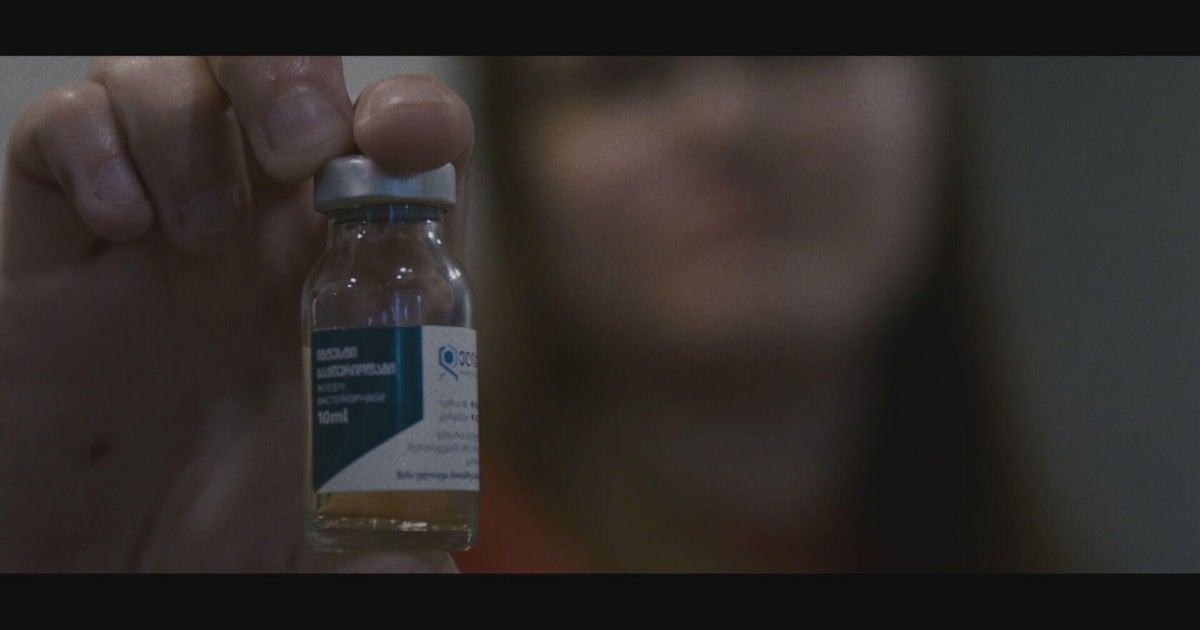Call Kurtis: Pharmacy stops filling pain prescriptions
SONORA — Janell Baptiste says that the Sonora Save Mart where she's had her pain meds filled for the last 13 years suddenly quit filling her prescription. And that's when she found herself faced with the prospect of not receiving the medicine that had helped with pain from a motorcycle crash decades ago.
"It's always been prescribed by a doctor," she said.
But now, Janell says she's getting sick from withdrawals.
"It's only been four months but these four months have seemed like years."
Save Mart blames some sort of audit, but pain medicine customers like Jennifer Sanchez say that other pharmacists in town won't fill their prescriptions either, claiming they are maxed out on opioid prescriptions.
"It makes me feel unwanted," said Sanchez. "Unwanted in the community."
Save Mart confirmed to CBS13 earlier this year that, "an audit is underway due to the high volume of controlled substances being prescribed by providers in the area and filled by our pharmacy."
No one is confirming who is behind the audit, but Tuolumne and Calaveras counties have the highest rates of opioid prescriptions in California: roughly 80 prescriptions for every 100 people, according to the California Department of Justice's Controlled Substance Utilization Review and Evaluation System data. That's more than double the state average.
"We are the worst in the state," says Dr. Kimberly Freeman, Tuolumne County's Health Officer. "It's very difficult to get people off medications if they've been accustomed to them."
She says that the opioid problem has improved a lot in the county, but it's still really bad.
But why and how did it get so bad?
Some blame overprescribing, while others point to the region's older population's medical needs.
But if doctors are prescribing the pain medicine, why are some patients struggling to get it? Getting someone to answer that question on camera was tough, but after weeks of digging, here's what Kurtis found:
Pressure on pharmacists to keep opiates out of the wrong hands has never been higher. They risk losing their license and jail time if they fill what the government calls Red Flag Prescriptions, indications of which include a nervous patient, requests for early refills, or initial prescriptions written for strong opiates.
But also, some drug distributors are capping the amount of controlled substances sent to certain areas due to mounting political and governmental pressure.
That doesn't change things for Janell, though, who says "the hardship is unbelievable."
Where does that leave patients?
Dr. Kim Freeman says she's not aware of any immediate remedy, which means Janell has had to make long, two-hour drives round trip with high gas prices to find a pharmacy willing to fill pain medications that can't be mailed.
"If I'm going through this, can you imagine how many people up here that don't have transportation and don't have money," she said. "And they're getting deathly sick."
But that extra effort made Janell realize she's been on her pain medicine for too long.
"I'm not getting no opiates anymore," she said. "I'm trying to get off them."
So, Janell is on special withdrawal medicine.
Dr. Freeman wants doctors to steer patients toward non-addictive pain relievers and alternative treatments.
Save Mart has since announced it's getting out of the pharmacy business altogether. The company did not respond to our inquiry about whether or not the audit played a role, but told a local newspaper that the closures were completely unrelated.







